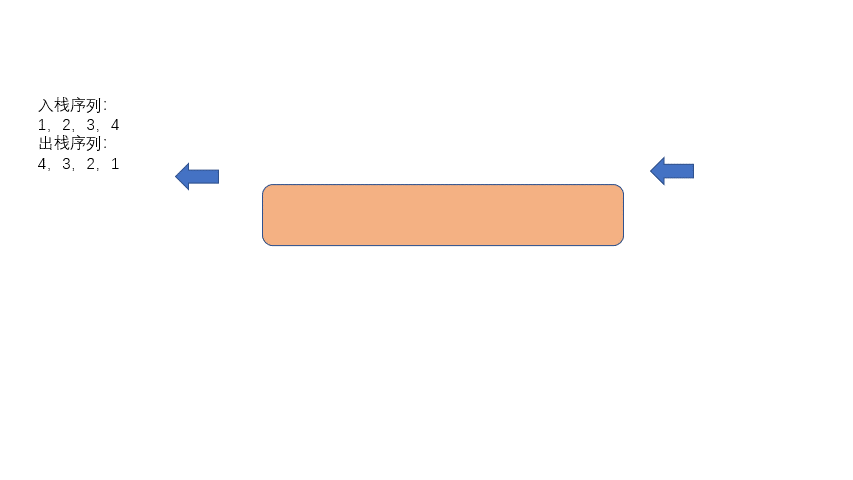> 如果阅读时,发现错误,或者动画不可以显示的问题可以添加我微信好友 **[tan45du_one](https://raw.githubusercontent.com/tan45du/tan45du.github.io/master/个人微信.15egrcgqd94w.jpg)** ,备注 github + 题目 + 问题 向我反馈
>
> 感谢支持,该仓库会一直维护,希望对各位有一丢丢帮助。
>
> 另外希望手机阅读的同学可以来我的 [**公众号:袁厨的算法小屋**](https://raw.githubusercontent.com/tan45du/test/master/微信图片_20210320152235.2pthdebvh1c0.png) 两个平台同步,想要和题友一起刷题,互相监督的同学,可以在我的小屋点击[**刷题小队**](https://raw.githubusercontent.com/tan45du/test/master/微信图片_20210320152235.2pthdebvh1c0.png)进入。
#### [225. 用队列实现栈](https://leetcode-cn.com/problems/implement-stack-using-queues/)
我们昨天实现了如何用两个栈实现队列,原理很简单,今天我们来实现一下如何用队列实现栈。
其实原理也很简单,我们利用队列先进先出的特点,每次队列模拟入栈时,我们先将队列之前入队的元素都出列,仅保留最后一个进队的元素。
然后再重新入队,这样就实现了颠倒队列中的元素。比如我们首先入队1,然后再入队2,我们需要将元素1出队,然后再重新入队,则实现了队列内元素序列变成了2,1。
废话不多说,我们继续看动图

下面我们来看一下题目代码,也是很容易理解。
Java Code:
```java
class MyStack {
//初始化队列
Queue queue;
public MyStack() {
queue = new LinkedList<>();
}
//模拟入栈操作
public void push(int x) {
queue.offer(x);
//将之前的全部都出队,然后再入队
for(int i = 1;i 1) {
let i = this.queue.length - 1;
while (i) {
this.queue.push(this.queue.shift());
i--;
}
}
};
MyStack.prototype.pop = function() {
return this.queue.shift();
};
MyStack.prototype.top = function() {
return this.empty() ? null : this.queue[0];
};
MyStack.prototype.empty = function() {
return !this.queue.length;
};
```